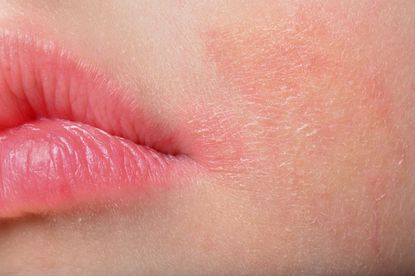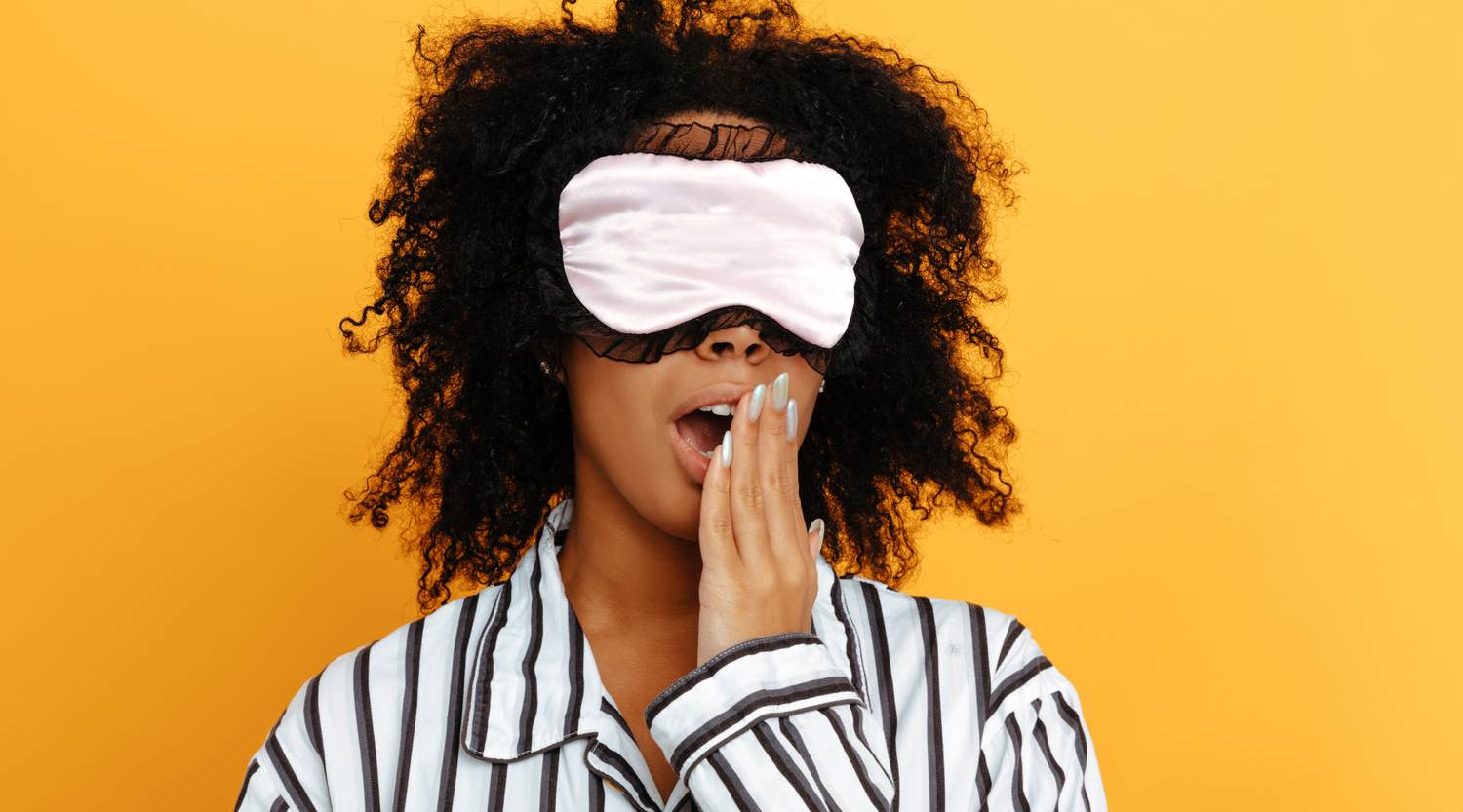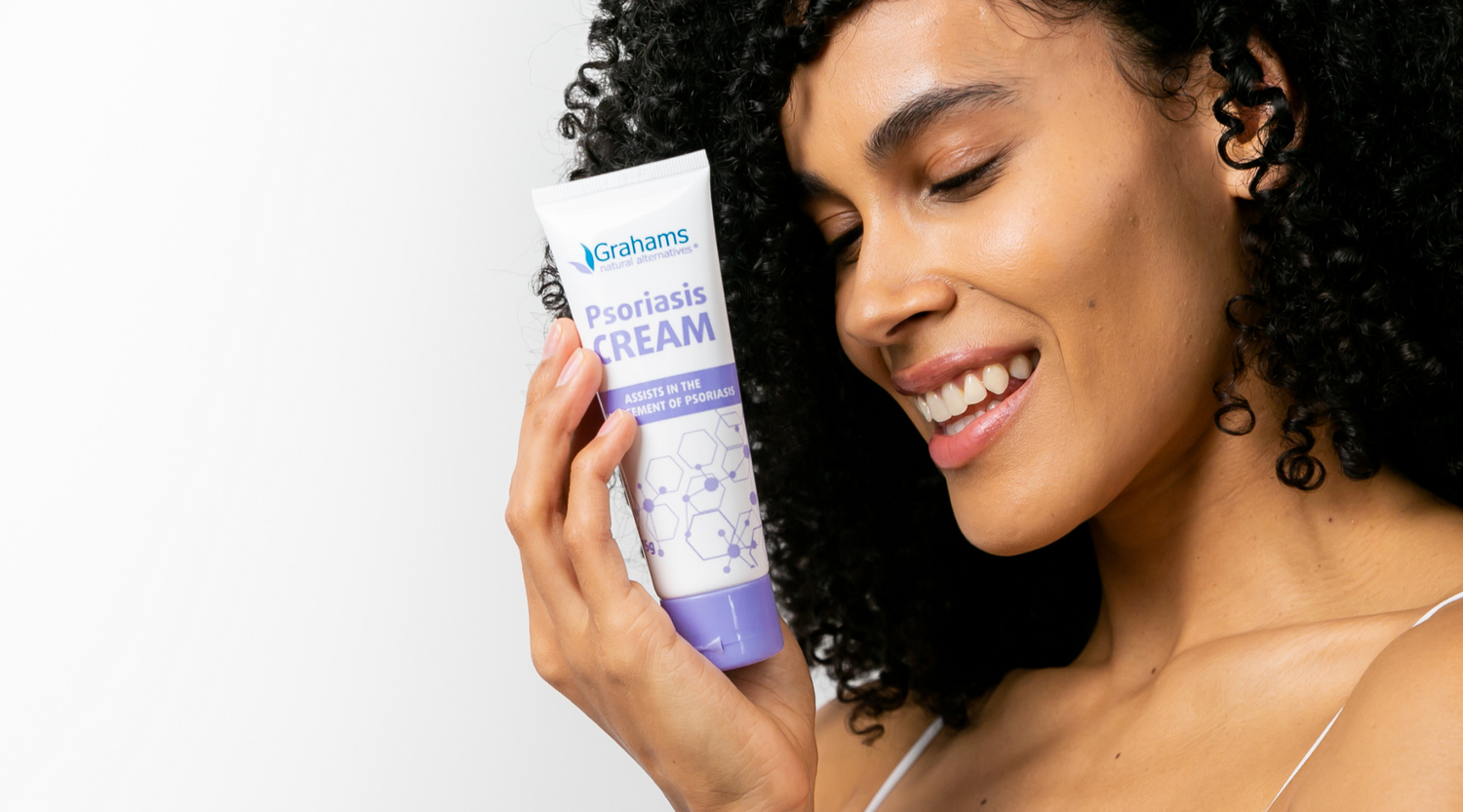For many people living with eczema, spring can be a challenging time. Air conditioning, sweating, dry heat, humidity, chlorine in pools and pollen are all known triggers for eczema. The extra inflammation due to these added environmental factors can cause major eczema flare-ups, therefore it is extremely important that you are in tip top health! 50% of Australians state that their eczema gets worse in spring and now we know why!
Everyone’s skin is affected when the season changes. It makes the skin very dry and when dry skin cracks, bacteria and toxins penetrate your skin and through those cracks. This upsets your immune system and your body fights back. This reaction – often an allergic reaction – can erupt as an eczema break-up. People with eczema are often very allergy sensitive. Dr Shobhan Manoharan a Brisbane-based dermatologist from Westside Dermatology says that “for many, spring is when it can flare up and be at its worst. This sensitivity to allergy is among the highest in the world.”
How to fight eczema this spring?
Hydration! Keeping hydrated will help keep your skin healthy from the inside out. Drinking plenty of water will be key to helping keep the skin healthy. Some other tips include:
- Avoiding exposure to dry air
- Avoiding prolonged contact with hot or chlorinated water
- Use natural skincare products – particularly when washing your body
- Moisturise immediately after a bath or shower and regularly throughout the day
As the weather warms up, we start to perspire more. Bad news! Excessive sweat aggravates the itching and swelling of eczema. To prevent both sweat and the resulting eczema, stay cool this spring by wearing loose, cotton clothing whenever possible. Cotton breathes much better than other fabrics, and the looser clothing will not cling to your skin and trap in the usual sweat and bacteria.
Choosing to swim in seawater! This limits the amount of time spent with hot or chlorinated water. If you do swim in chlorine pools, make sure you shower straight after to rinse off the chlorine, pat dry & moisturise, moisturise, moisturise!
Pick your time of the day to go outside! Go out early or later in the afternoon. Managing eczema can mean avoiding the hottest part of the day. A useful tip is to download the SunSmart app which helps identify the hottest parts of the day. This will also help prevent sunburn as Australia has a thin ozone layer, meaning we get burnt quicker than those in the northern hemisphere. Spending less time in the sun will help prevent sunburn. Sunburn can be challenging for those suffering from eczema as it dries the skin out even further! If you do get sunburnt, be sure to moisturise and apply a soothing gel. Grahams Natural Alternatives have developed a Sooth-It Gel which has natural healing properties of Aloe-Vera, Manuka Honey and Chamomile makes the Sooth-It Gel an essential in your first aid kit!
Allergies and Eczema
The realisation may dawn upon you know that whenever you have had allergic reactions in your past, the condition of eczema has magically flared up at the same time. This is not a coincidence at all. How are allergies making your skin worse? These flare ups can effect different skin types in many ways.
During an allergic attack, the body recognises the harmless substances as harmful, and as a consequence overacts in trying to remove them from the body as soon as possible. Most frequent allergens are pollen dust, pet dander, etc. Even some foods can cause allergies, such as egg yolk, peanuts, milk, etc.
Some research shows the link between the allergies and eczema to lie in the genetic aspect of the body. Studies have shown that people that are plagued by eczema lack a certain protective protein inside the skin, a protein that has a big influence on the skin barrier and people without this protein have an increased tendency to leak into their body through their skin a host of allergens. The lack of this protective protein also leaves the skin with lower protection from outside irritants such as abrasive soaps, and this may very well cause the redness associated with eczema.
Also, research has shown that some people with eczema have a defect in the barrier of the skin. This defect makes the barrier a bit easier to penetrate for various irritants from the outside world, and once these irritant (potential allergens) enter, the skin then tries to force them out and neutralise them, which is a process that causes redness on certain areas of the skin, i.e. eczema.
Finally, we’ll mention the case with Immunoglobulin E, a type of antibody present in the bodies of people, and this antibody is specifically dealing with allergic reactions. Well, it has been noted as well that people with eczema have higher concentrations of this antibody than people without eczema. Further research is needed into the subject though, before being able to make firm conclusion on this link between eczema and allergy.





